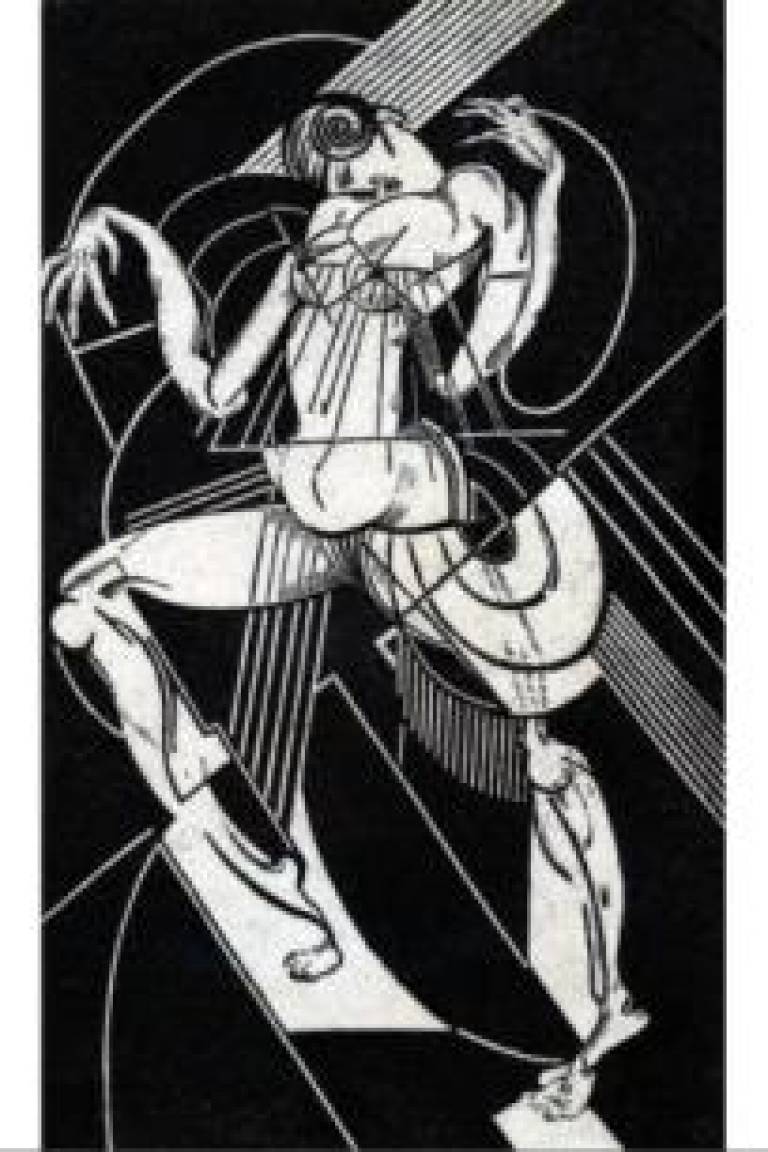Expressive Movement in Early Soviet Film: the Juncture of Avant-Garde Performance and Physiological Psychology
08 June 2015, 5:15 pm–7:00 pm

Event Information
Location
-
Room 433, UCL SSEES, 16 Taviton Street WC1H 0BW
error message: 'NoneType' object has no attribute 'to_html'
Ana Hedberg Olenina (University of North Carolina Wilmington)
error message: 'NoneType' object has no attribute 'to_html'
Insisting on cinema’s specificity as an art form, Soviet filmmakers of the 1920s sought to revolutionize performance and define modes of expression uniquely suited for the screen.
Their quest for more striking, precise, and effective methods of film acting was inspired by concurrent experiments in avant-garde theatre and modern dance, as well as utopian discourses on the possibility of improving man’s bodily mastery through scientifically grounded training. The idea of optimizing corporeal work and ingraining useful motor habits in the brain was popularized by Moscow’s Central Institute of Labor – an influential organization that promoted a blend of Vladimir Bekhterev’s reflexology and photography-based movement analysis in the name of Taylorist labor efficiency training. This Institute became an influential source for disseminating the methods and concepts developed in neurophysiology and applied psychology in a larger cultural sphere.
With this context in mind, this paper will examine the ways in which early Soviet directors, such as Sergei Eisenstein, Abram Room, Lev Kuleshov and his disciples Sergei Komarov and Vsevolod Pudovkin engaged with ideas coming from biologically-oriented psychology and synthesized them with concepts and practices stemming from modernist stage performance. In creating their theories of expressive movement, these directors articulated new notions of sensory perception and emotional experience, which subverted the age-old mind-body dichotomy in favour of organic links between corporeal states and states of mind.
Biography
Ana Hedberg Olenina is an Assistant Professor of Film Studies at the University of North Carolina Wilmington. Her research focuses on the early Soviet film history and media theory, with an emphasis on discursive configurations of sensory experience, emotional response, embodiment, and immersive environments. She is currently working on a book manuscript, tentatively entitled Psychomotor Aesthetics: Conceptions of Gesture and Affect in Russian and American Modernity, 1910s–1920s. Her research has appeared in Discourse, Film History, and Kinovedcheskie Zapiski. Together with Maxim Pozdorovkin, she has co-curated two DVD releases of restored Soviet silent films, Miss Mend and Early Landmarks of Soviet Film. She holds a PhD from Harvard University and an MPhil from Cambridge University.
 Close
Close

